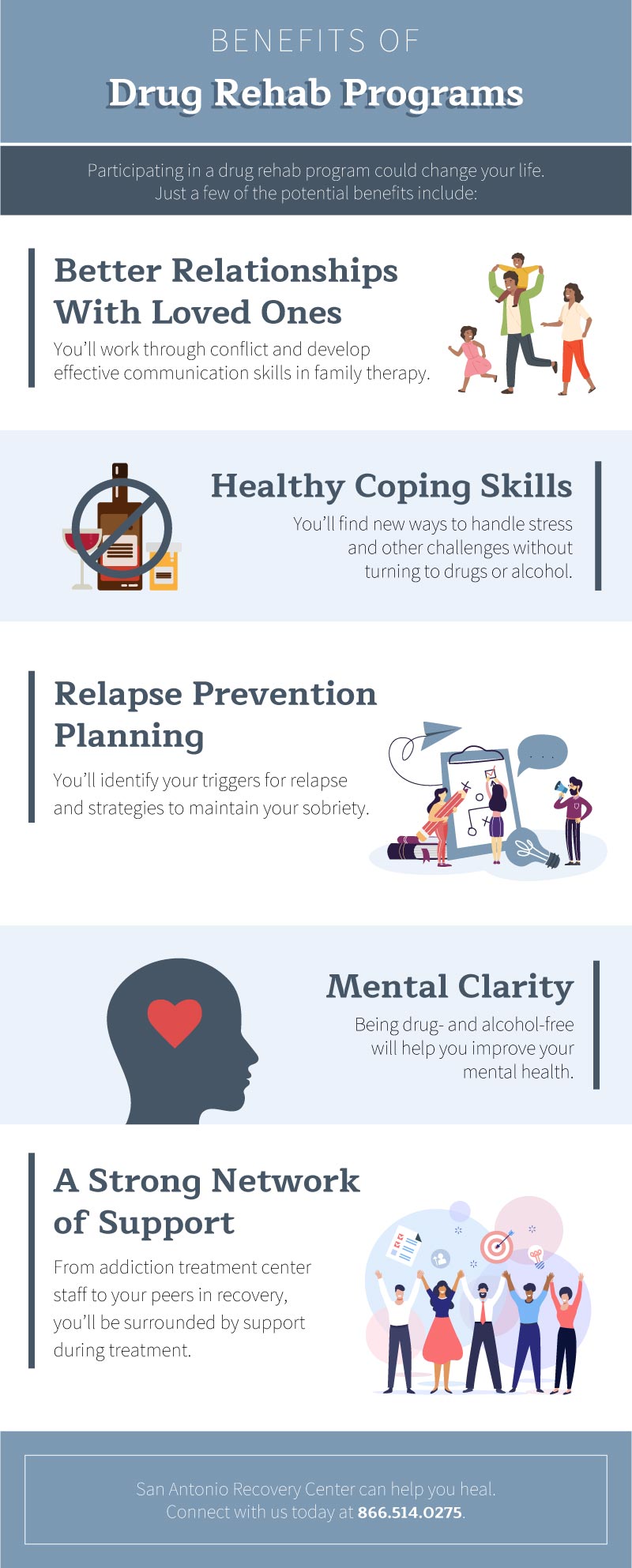Specialist Advice: Navigating Options for an Addiction Treatment Center
Specialist Advice: Navigating Options for an Addiction Treatment Center
Blog Article
Browsing the Trip of Detoxing in the Comprehensive Addiction Treatment Program
The process of detoxing holds a substantial function in damaging the physical reliance on substances and preparing the person for the succeeding stages of treatment. As people grapple with the obstacles of withdrawal signs and the uncertainties that exist in advance, having an organized plan and a durable assistance system in location becomes critical.
Importance of Detoxing in Recuperation

Detoxing establishes the structure for the remainder of the dependency therapy program by preparing the person for more treatment and therapy. By cleansing the body of compounds that have been clouding judgment and influencing behavior, detox allows individuals to approach their healing with a clearer mind and stronger emphasis.
Furthermore, detoxification helps in managing the possibly extreme withdrawal symptoms that might occur when drug or alcohol usage is quit. Clinical experts closely monitor patients throughout detox to ensure their security and offer required assistance. Through this process, individuals can begin their trip in the direction of sobriety with a stabilized physical and mental state, boosting the possibility of a successful recuperation.
Comprehending the Detox Refine
Cleansing, an essential component of dependency treatment programs, entails an organized process focused on securely eliminating unsafe materials from the body to assist in a successful recovery trip. The detox procedure commonly starts with an analysis to analyze the individual's compound use background, physical health and wellness, and mental health. This assessment assists medical care professionals figure out the most proper detox plan customized to the individual's requirements.
Throughout detoxification, the body goes with withdrawal as it gets used to the absence of the compound. Withdrawal signs and symptoms vary relying on the sort of compound made use of, the duration of use, and specific factors. Clinical guidance during detoxification is important to manage withdrawal signs and make sure the person's security and convenience.

Managing Withdrawal Signs

Medicines may be used to relieve certain withdrawal symptoms and decrease pain. For example, medicines like methadone or buprenorphine can help handle opioid withdrawal signs and symptoms, while benzodiazepines might be used for alcohol withdrawal. It is important for doctor to very carefully check the individual's response to these medicines to ensure their safety and efficiency.
In enhancement to pharmacological interventions, helpful treatments such as therapy, peer support system, and alternative techniques like mindfulness reflection or yoga can assist people handle the psychological and emotional difficulties of withdrawal. By dealing with withdrawal symptoms adequately, doctor can improve the cleansing experience and support people on their trip to recuperation.

Support Equipments During Detoxification
Support group play a critical function in offering psychological and social aid to individuals undertaking detoxing in dependency therapy programs. Throughout the detox process, individuals often experience a series of physical and mental withdrawal signs, making this stage tough - Addiction Treatment Center. Having a strong support system in position can considerably influence the person's ability to browse through detoxification successfully
Support groups give a platform for individuals to attach visit homepage with others that are going with comparable experiences, using a sense of neighborhood and shared understanding. Medical care experts, including physicians, therapists, and specialists, play a vital role in monitoring the individual's progression, supplying medical support, and supplying advice throughout the detoxification process.
Looking Ahead: Life After Detox
Having successfully completed the cleansing phase, people in dependency therapy programs now concentrate on getting ready for the challenges and possibilities that exist in advance in their journey in the direction of healing. Life after detox notes a crucial transition duration where individuals have to remain to build on the development made throughout detox to preserve their sobriety. It is necessary for individuals to acknowledge that the trip towards recovery is continuous and calls for commitment, commitment, and a readiness to welcome adjustment.
One key facet of life after detox is the development of coping systems to take care of triggers and desires that may arise. This may involve discovering new skills, such as mindfulness methods, cognitive-behavioral methods, and stress and anxiety administration approaches, to browse challenging situations without considering compound usage. Furthermore, people are encouraged to actively participate in continuous therapy, assistance click here for more teams, and aftercare programs to reinforce their support network and get advice as they navigate the intricacies of life post-detox.
Verdict
To conclude, detoxing is an important element of the comprehensive dependency treatment program. Recognizing the detoxification procedure and handling withdrawal symptoms are crucial steps towards healing. Support systems play a considerable function throughout this difficult trip. Addiction Treatment Center. Looking ahead, life after detoxification holds assurance for a healthier, substance-free future. It is very important to recognize the value of detoxification in over at this website the procedure of getting over dependency and moving in the direction of a life of soberness.
Medical guidance throughout detoxification is critical to manage withdrawal symptoms and guarantee the individual's security and convenience.
By recognizing the detoxification procedure and its relevance in breaking the cycle of addiction, people can embark on a course towards lasting recuperation.
During the detox process, individuals typically experience an array of physical and emotional withdrawal symptoms, making this phase difficult. Healthcare specialists, consisting of counselors, doctors, and therapists, play a vital function in keeping track of the individual's development, offering medical assistance, and offering guidance throughout the detoxification process.
Life after detoxification notes an important shift duration where individuals have to proceed to develop on the progress made during detox to keep their sobriety.
Report this page